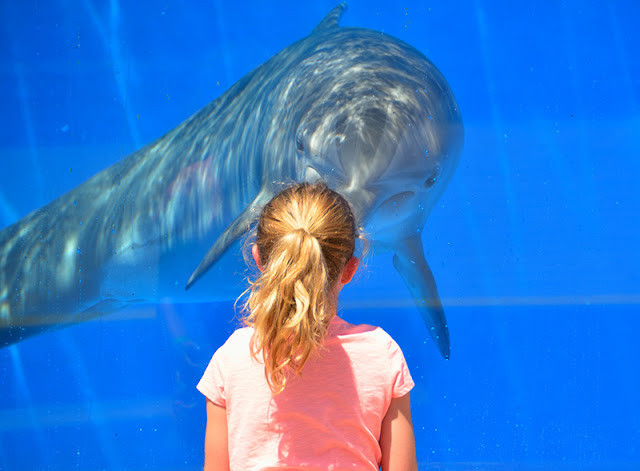To Educate the Human Potential
The upper elementary health sciences curriculum begins in early childhood with the study of zoology. Like all Montessori studies, learning is at first a sensory experience. Children in the early childhood environment study that which can be seen, and thus spend their time naming and identifying the external parts of animals. In lower elementary, children begin to classify animals, learning the characteristics that are unique to each class of animals, as well as the habitats around the world. Upper elementary zoology explores deeper and studies more advanced classification, internal anatomy, reproduction, and adaptations.
The story of human biology, or health sciences, unfolds in much the same way as zoology studies. In lower elementary, we begin by investigating and naming parts of the nervous, skeletal, respiratory, cardiovascular, and digestive systems. We begin with an in-depth look at the eight human internal organ systems.
Upper Elementary Health Sciences Curriculum
In upper elementary, we begin with a review of what was previously learned and then add three additional systems: the urinary, immune, and endocrine systems. This is integrated with sensory explorations, exploring how the senses are related to the organ systems. For example, the sense of touch is only made possible through the work of the nervous system. Students learn that these systems must function together and not in isolation of one another.Upper elementary students also learn how to keep their bodies functioning and how to maintain both physical and mental health. Topics such as nutrition, safe food handling and preparation, wellness, physical fitness, and maintaining healthy interpersonal relationships are discussed and explored in a hands-on exploratory manner.
Both asexual and sexual reproduction are covered in the upper elementary zoology manual. Since human reproduction can be a personal topic, NAMC has chosen to leave any further discussion of human reproduction to the discretion of the teacher or parent.
When we approach the functions of the human body through science, the student discovers how their body works and how to keep it healthy within the confines of scientific exploration. This removes any embarrassment or stigma that might be otherwise attached to health sciences. It also satisfies the upper elementary student’s intense curiosity and need to know how and why things work the way they do.




